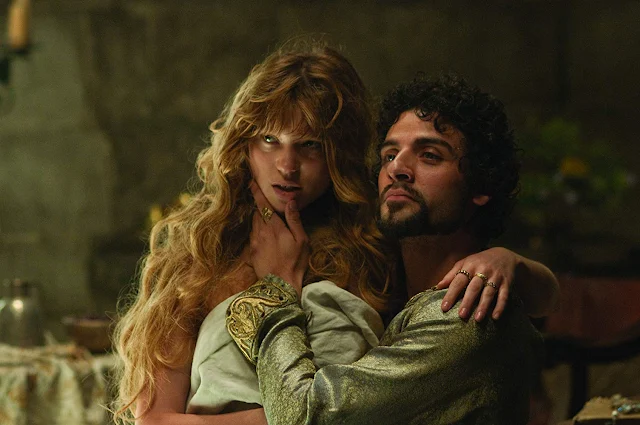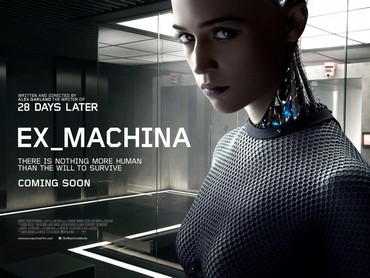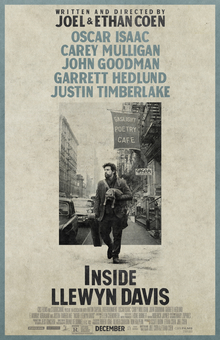Robin Hood (Ridley Scott, 2010)
Cast: Russell Crowe, Cate Blanchett, Max von Sydow, Oscar Isaac, William Hurt, Mark Strong, Danny Huston, Eileen Atkins, Mark Addy, Matthew Macfadyen, Kevin Durand, Scott Grimes, Alan Doyle, Douglas Hodge, Léa Seydoux.
Screenplay: Brian Helgeland, Ethan Reiff, Cyrus Voris.
Cinematography: John Mathieson.
Production design: Arthur Max.
Film editing: Pietro Scalia.
Music: Marc Streitenfeld.
Did the world really need another Robin Hood movie? From the lack of interest at the box office, it would seem not. At least Ridley Scott and screenwriter Brian Helgeland tried to give us something slightly different: a prequel, in which Robin finds his identity and mission and only at the very end goes off into Sherwood Forest with his Merry Men, presumably to rob from the rich and give to the poor. We've had a sequel before in Richard Lester's 1976
Robin and Marian, in which the aging couple find an end to their adventures. (Interestingly, the Robin Hood of Lester's film, Sean Connery, was 46 when it was made, the same age that Russell Crowe was when he made Scott's. Lester's Marian, Audrey Hepburn, was 47, and Scott's, Cate Blanchett, was 41.) Unfortunately, the prequel doesn't give us much that's new or revealing about the characters: The villains, King John (Oscar Isaac) and the Sheriff of Nottingham (Matthew Macfadyen), remain the same, with an additional twist that they're being duped by another villain named Godfrey (Mark Strong), a supporter of the French King Philip, who is plotting an invasion now that the English army is still straggling back from the Crusades. Robin is a soldier of fortune named Robin Longstride, who has been to the Crusades and is making it back with the crown of the fallen Richard the Lionheart (Danny Huston) as well as a sword he promised the dying Sir Robert Loxley (Douglas Hodge) he would return to his father, Sir Walter (Max von Sydow) in Nottingham. When he does, Robin meets Marian, no longer a maid but the widow of Sir Robert. On the way, he has gathered a retinue comprising Little John (Kevin Durand), Will Scarlet (Scott Grimes), and Allan A'Dayle (Alan Doyle), and in Nottingham he will add Friar Tuck (Mark Addy) to the not terribly merry company. They'll take part in repelling the French invasion, which Scott makes into a kind of small scale D-Day, to the extent of borrowing unabashedly from Steven Spielberg's
Saving Private Ryan (1998), including some landing craft whose historical existence has been questioned (along with much else of the movie's history). Robin and his fellow soldiers, including Marian, who arrives disguised in chain mail, save the day, but their hopes for a new charter of rights that has been promised them by King John are dashed when he proclaims Robin an outlaw. So everything seems to be set up for a sequel that will culminate at Runnymede and the signing of Magna Carta, but the film's flop at the box office put paid to that.
Robin Hood certainly has some good performances, which you might expect from its cast packed with Oscar-winners and -contenders, but it feels routine and a little tired. It also resorts to filming much of the action with the now too common "gloomycam," in which fight scenes always seem to be taking place at night, so you can't tell who's killing whom.






































